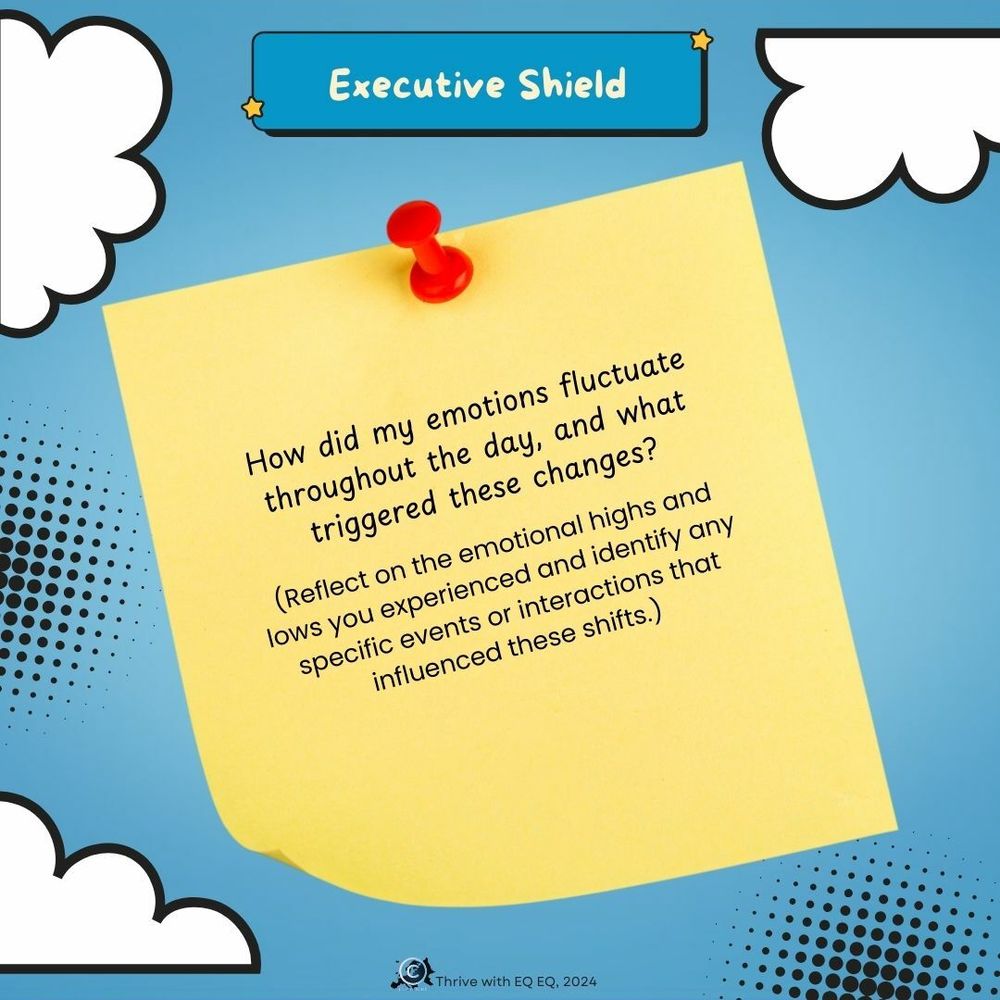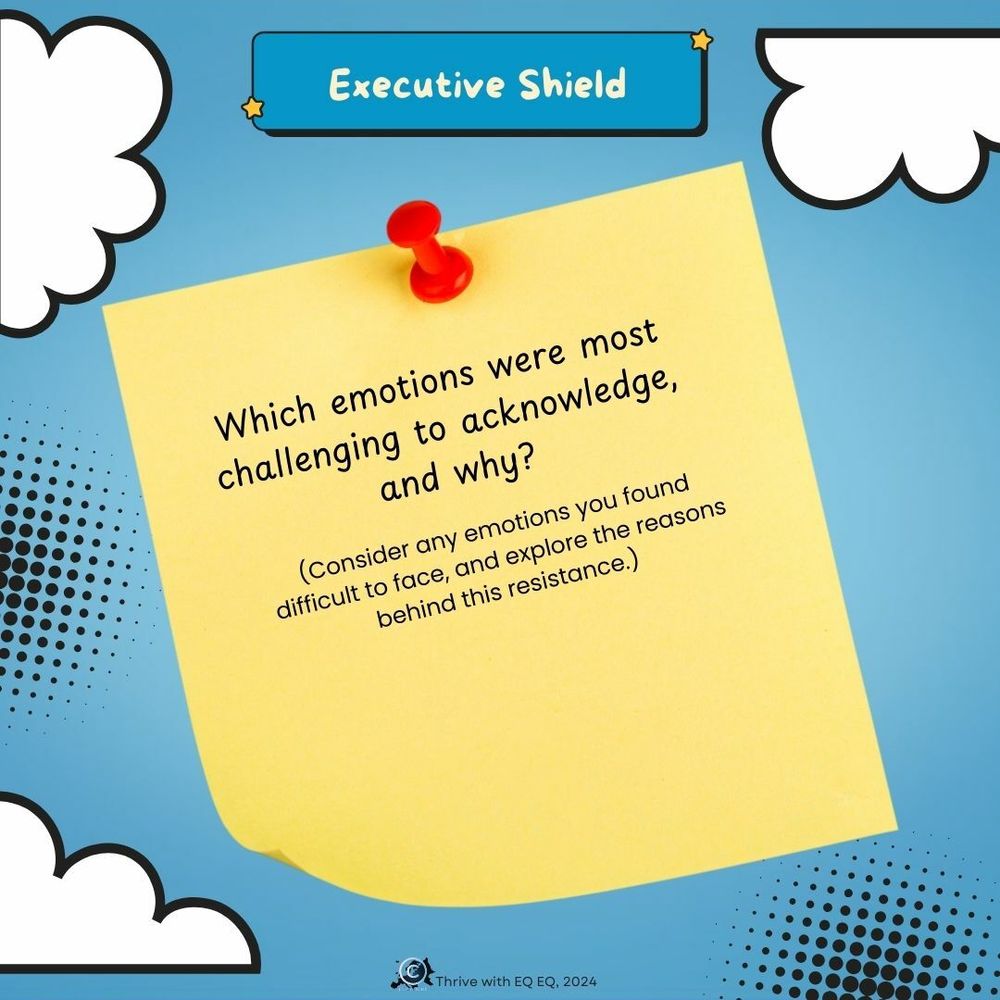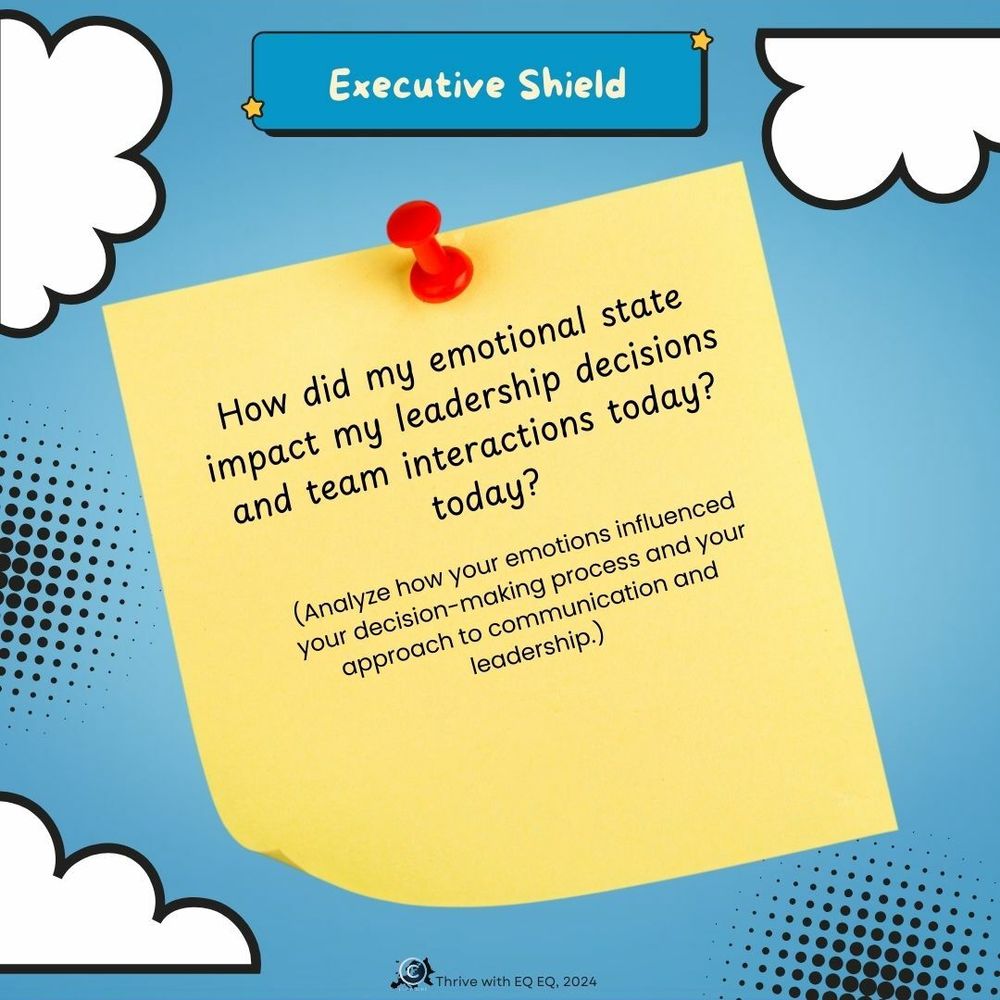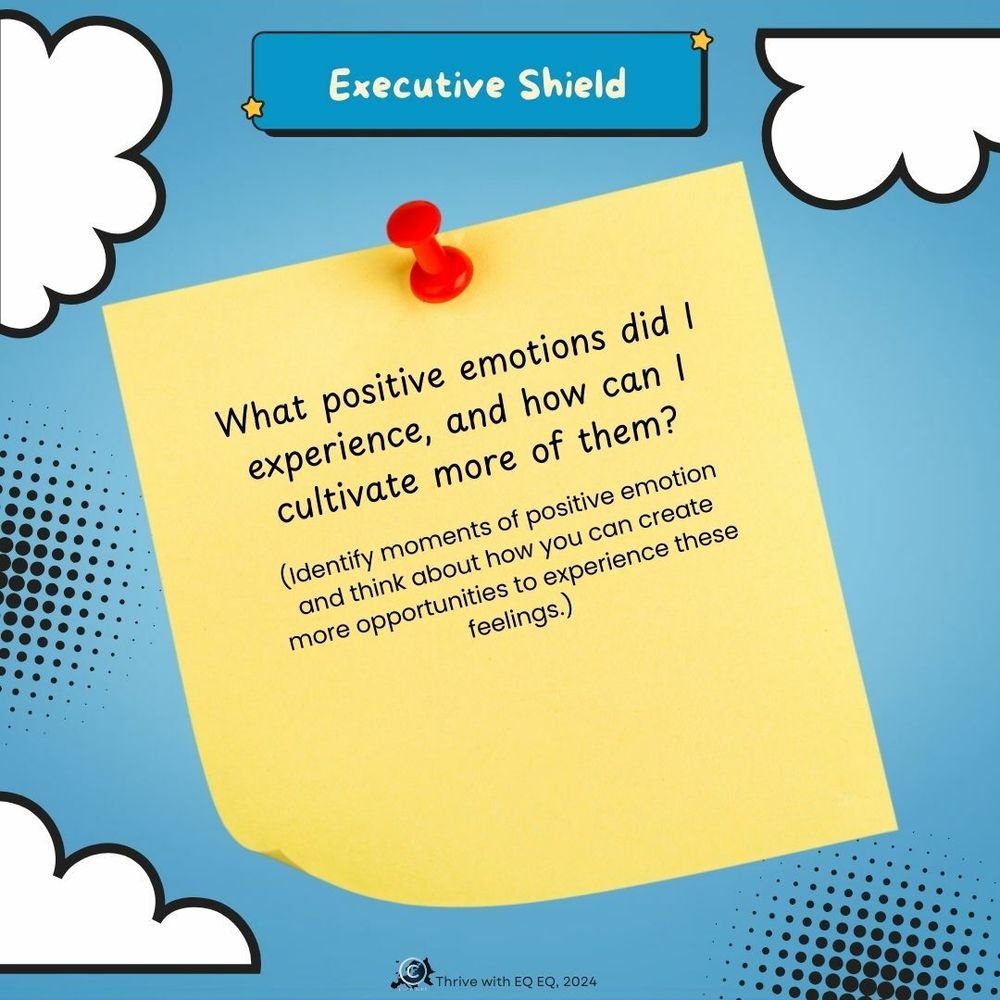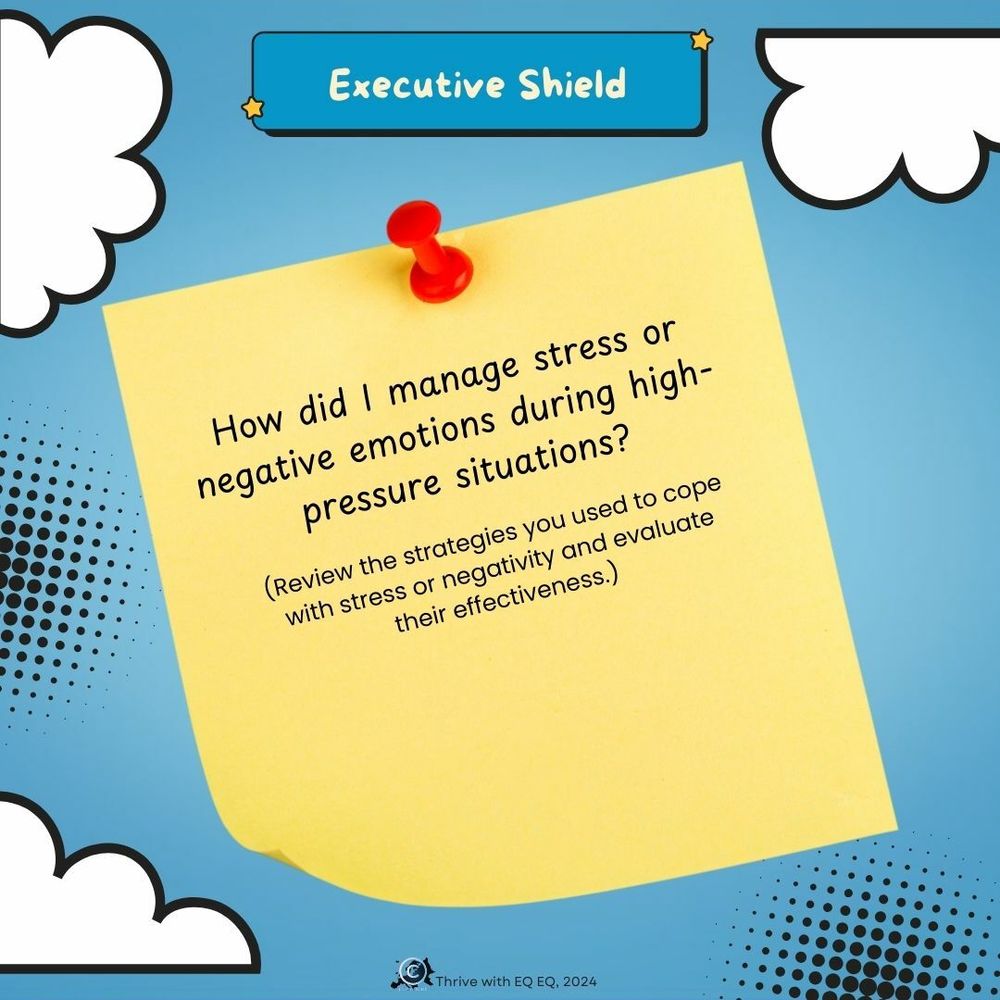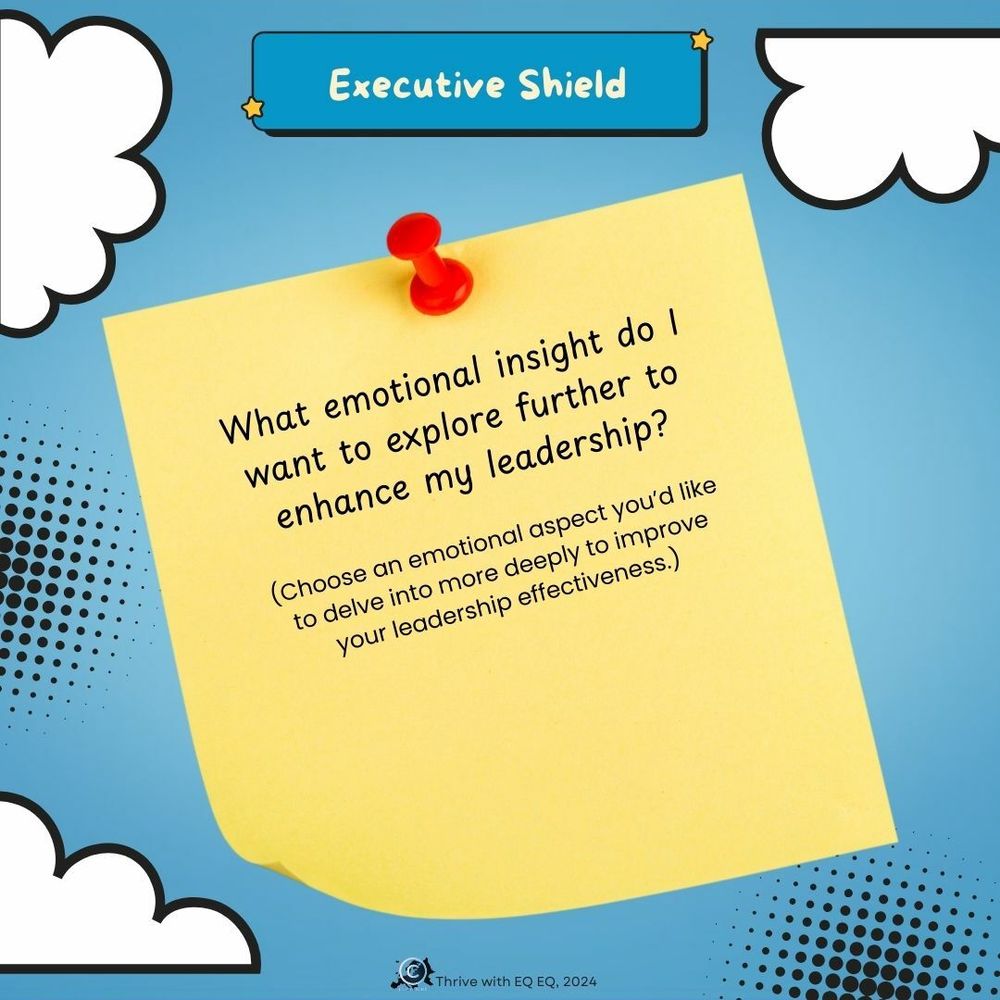Welcome back to Day 3 of your 30-Day Emotional Firewalls Challenge for Senior Executives!
Today, we’re focusing on a practice that’s vital for effective leadership: regular emotional check-ins. In the fast-paced world of senior executives, it’s easy to overlook your emotional state, especially when managing high-stakes decisions, complex challenges, and dynamic teams. However, maintaining awareness of your emotions and their impact is crucial for sustaining resilience, clarity, and leadership effectiveness.
Why Are Emotional Check-Ins Important?
As a senior executive, your emotional state influences your decision-making, team dynamics, and overall leadership presence. Without regular emotional check-ins, un-recognized feelings—such as stress, frustration, or anxiety—can build up, leading to burnout, strained relationships, and reactive behaviors. Emotional check-ins help you stay attuned to your internal landscape, allowing you to adjust your approach, manage stress, and maintain composure under pressure.
How to Incorporate Emotional Check-Ins into Your Routine:
Integrating emotional check-ins into your daily routine doesn’t have to be time-consuming. It’s about creating moments of self-awareness where you pause, reflect, and assess your emotional state. Whether during a morning meditation, a midday break, or at the end of a workday, these check-ins help you stay grounded and responsive rather than reactive.
Here’s how to get started:
1. Set Aside Time: Identify a few moments in your day for these check-ins. It could be during your commute, after a meeting, or before a significant decision.
2. Ask Reflective Questions: Use specific questions to guide your self-assessment. Consider how your emotions have fluctuated, what might have triggered them, and how they’re affecting your interactions and decisions.
3. Document Your Insights: Jot down your observations in a journal or a digital note. Tracking these insights over time can reveal patterns and help you develop strategies for managing your emotional well-being.
Key Benefits for Executives:
Regular emotional check-ins help you lead with greater empathy, make more balanced decisions, and maintain your overall well-being. By normalising this practice, you not only enhance your leadership but also set an example for your team to prioritize emotional intelligence.
Action Item for Today:
Integrate a 5-minute emotional check-in into your daily routine. Reflect on how your emotions influenced your decisions and interactions today, and consider how this awareness can enhance your leadership moving forward.
By incorporating emotional check-ins into your routine, you’re strengthening your emotional firewalls and equipping yourself to lead with clarity, resilience, and empathy. As you develop this habit, you’ll find it easier to navigate the complexities of executive leadership with a clear mind and balanced emotions.
See you tomorrow for Day 4 of the Emotional Firewalls Challenge!


